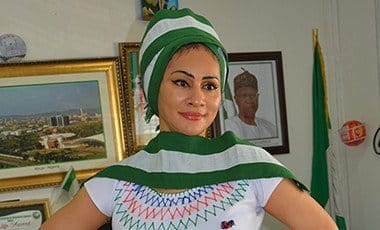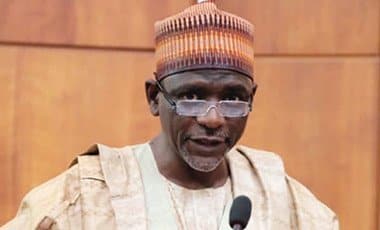The Central Bank of Nigeria (CBN) will pay back all outstanding forward contract debts to banks within the next one to two weeks, the acting governor Folashodun Shonubi reveals.
He omitted to mention the whole amount of the outstanding dollar loans. Still, according to a recent report by the American bank JPMorgan, the CBN owes a total of $6.84 billion in forward contract debt.
The acting CBN governor, who also disregarded the JPMorgan report, added that the forward contract obligations will be paid off in one or two weeks and that the apex bank has been discussing with banks for some time.
Speaking in Lagos, Shonubi asserted, “JP Morgan’s claim that there was an outstanding $7 billion is false. Many individuals leapt on what was merely their opinion that was expressed on paper.
“In response to questions about the backlogs, the banks have been working with the CBN on various structures to clear them. So, what happens is that at maturity, they make the foreign exchange available to those who need it.
“We are discussing with them so we can structure their own. So, we are working towards clearing them in the next one or two weeks. It is something we have been discussing for a while.”
CBN clamps down
The CBN governor also revealed that the top bank was investigating allegations that one Crown Agent, a Bureau De Change operator, had unlawfully imported currency and sold it to Nigerians.
He promised the nation’s top bank would deal with all bad BDC operators.
He said, “For the last few weeks, we have been investigating and quite a few players have been bringing in money and selling at less than the official rate. One of those we have studied recently is Crown Agent.
“We have reason to believe that, we have been working with international agencies on this. We are looking at those who do not follow through the normal system, send it through them, and sell it to Nigerian companies. They can expect to hear from us shortly. And they will not be the only ones.”
The CBN governor stated that the lender continued to intervene in the market to stabilise the exchange rate.
While reiterating the CBN’s continued market involvement, Shonubi underscored its dedication to stabilising currency rates despite making up less than 25% of the market volume.
He asserts that the CBN’s engagement transcends simple regulatory oversight and has rate stability as its primary goal.
With this strategy, the CBN was able to successfully control the flow of foreign currency and provide a balanced supply to the banking sector, according to him.
“Today, we are still intervening in the market. It is not as if it has affected our ability to make money available in the I&E market. When you look at the volumes, the CBN contributed less than 25 per cent.
“The CBN doesn’t aim to be a regulator player but wants to stabilise the rate. There is so much foreign exchange that people don’t talk about that is being made available that banks are selling to their customers. It doesn’t appear as demand to CBN, but it is significant,” he added.











